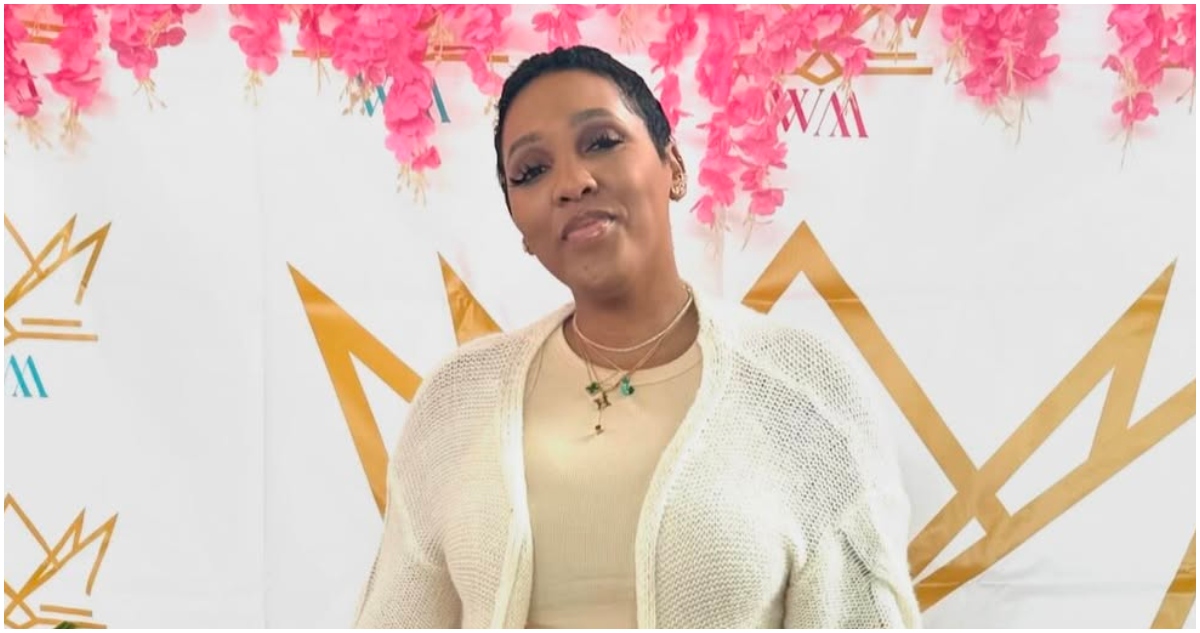In today’s world, the idea of quitting a job without another one lined up might seem like a risky decision. However, career expert Samantha Holmes offers powerful insights for Black women navigating this major leap. With growing frustration over long work hours, rigid environments, and unequal pay, many are now considering the path of leaving a job to pursue something better or more fulfilling. Holmes explains how embracing this bold step can lead to a new chapter of empowerment and success.
Taking the Leap: How to Make the Decision to Quit Your Job
The COVID-19 pandemic triggered a mass wave of resignations known as “The Great Resignation.” Employees, particularly women of color, began leaving jobs in search of better working conditions. However, in 2023, the job market became more challenging, causing many to hesitate before taking such a leap. Even so, Holmes encourages Black women to trust their instincts and make this life-changing decision when it feels right for them.
“It’s crucial to evaluate what truly matters to you,” Holmes advises. “If the job is impacting your well-being or preventing your growth, consider taking a step towards something better.”
Open Conversations With Your Boss: A Possible Way to Avoid Quitting
Before deciding to quit, Holmes suggests exploring conversations with your boss or management. Many employees leave due to unresolved issues, and sometimes, open communication can help. Career coach Roxy Couse suggests that employees should feel empowered to discuss concerns, such as workload or lack of growth opportunities, with their employers.
“Ask for what you need to thrive in your role,” says Couse. “You might find that there is room for growth within your current company, and transparency can go a long way.”
While this option may not always be available, for those willing to give it a try, it can potentially save a stressful exit and offer opportunities for internal career advancement.
Financial Planning: How to Prepare Before Making the Leap
One of the biggest concerns when quitting a job without another lined up is the financial impact. Financial experts, like Surya, founder of Counting Her Coin, emphasize the importance of having a solid financial plan before taking such a leap. Quitting without savings can be irresponsible, leaving you vulnerable to failure.
Surya recommends having at least three to six months of living expenses saved up to provide a safety net during transitions. “Start small with investments,” Surya says, advising Black women to begin saving even with a modest monthly amount. “Investing in areas that align with your passions, like real estate or healthcare, can offer financial security.”
Having a clear financial cushion and understanding your budget can make the leap feel less daunting and give you the freedom to make career choices based on your values.
Reframing Your Career Narrative After a Job Gap
When Black women take a break between jobs, concerns may arise about how this will look to future employers. However, career experts like Marley from The Resume Slayer explain that the context of the gap matters. In some sectors, such as government jobs, employers are more understanding of employment gaps.
“It’s about framing your story,” says Marley. “Don’t be afraid to explain your gap in a positive way—whether it was to find a better opportunity or to take care of yourself.”
In the private sector, be prepared to explain your reasons for the gap succinctly, focusing on the positive outcomes, such as personal growth or skill development. Employers are often more interested in what you can bring to the table than the specifics of your time off.
Prioritize Self-Care and Grace During Transition
The decision to leave a job is never easy, especially for Black women facing unique workplace challenges. Self-care is a critical aspect of navigating this transition, and Holmes encourages women to prioritize mental health during these periods.
“Take breaks when needed, and practice self-compassion,” says Holmes. “Leaving a job is tough, and you should give yourself grace during the process.”
Holmes also highlights that boundaries are key to protecting your well-being. Setting limits at work, finding relaxation hobbies, and seeking support from trusted friends or mentors can help reduce stress during this major change.



